Professorial Lectures

What Really Counts: The Joy of Enumeration
Lara Pudwell, Ph.D. (Department of Mathematics & Statistics)
At a first glance, counting seems like a skill relegated to elementary school, and yet it forms an entire active area of research-level mathematics. Rather than counting by listing “one,…
Read more »
TBD? How My Research Agenda Evolves Based on Politics at Home and Abroad
Gregg Johnson, Ph.D. (Department of Political Science)
What is it that connects neoliberal economic policies, congressional committee structures, presidential approval, legislative elections, state ballot propositions, Latin American views of China, and the effect of race and ethnicity…
Read more »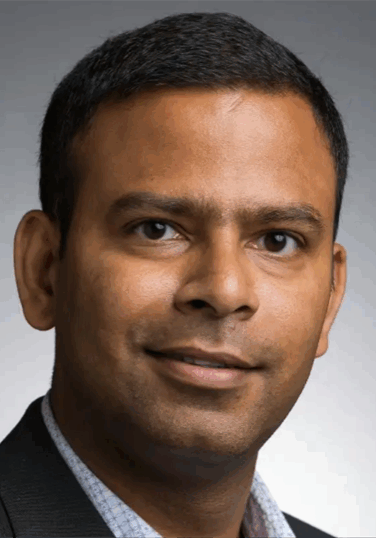
Supply Chain Evolution: from 9/11 to Covid-19
Sanjay Kumar, Ph.D. (College of Business)
We are amid the Great Supply Chain Disruption. What caused the disruption? Surprisingly, Covid-19 may not be the primary contributor. The culprit or not, Covid-19 did demonstrate the importance of…
Read more »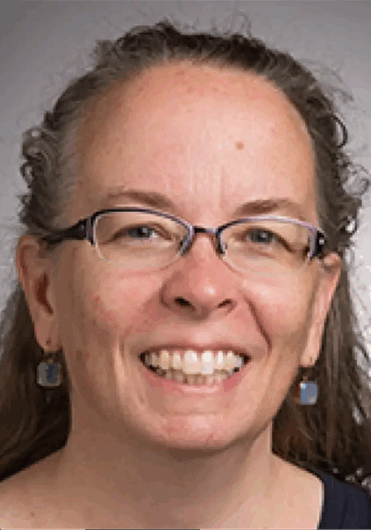
Connecting the Dots…Finding the Patterns…Revealing the Science
Teresa Bals-Elsholz, Ph.D. (Department of Geography & Meteorology)
Atmospheric science, as for many sciences, often relies on patterns for many kinds of data analysis especially when using weather maps for forecasting and research. Historically, maps are filled with…
Read more »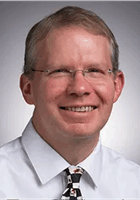
My Wintry Random Walk with Students: Let it Snow, Let it Snow, Let it Snow
Craig Clark, Ph.D. (Department of Geography & Meteorology)
During the halcyon childhood days of 1976, a foot of snow in early November cancelled school, brightened my day, and fostered a lifetime fascination with Great Lakes snowfall and its…
Read more »
Reconstructing Sacred Space in the Post-Soviet Milieu: New Churches, New Ideologies?
Nicholas Denysenko, Ph.D. (Department of Philosophy & Theology)
During the most vicious periods of Soviet persecution of religion, relics were vandalized, icons were destroyed, and significant church buildings were demolished in the republics of the Soviet Union. In…
Read more »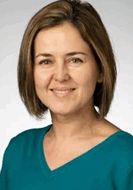
It’s All About Optimization
Aysegul Yayimli, Ph.D. (Department of Computing & Information Sciences)
The Internet. We all use it, but very few of us ask what it takes to keep it all together, what makes it so robust, and what is the science…
Read more »
The Law of Unintended Consequences in Epidemiology
Daniel Maxin, Ph.D. (Department of Mathematics & Statistics)
One goal of mathematical modeling of infectious diseases is to predict the outcome of an epidemic and to simulate the effect of various intervention measures: vaccination, treatment or quarantine. In…
Read more »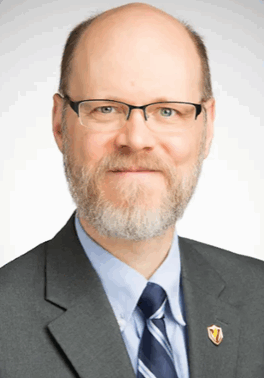
German Cultural Memory and Gender in the Work of Günter Grass
Timothy Malchow, Ph.D. (Department of World Languages & Cultures)
The Nobel laureate Günter Grass (1927-2015) was at once an authoritative figure at the heart of German cultural life and the object of valid feminist criticism, largely due to his…
Read more »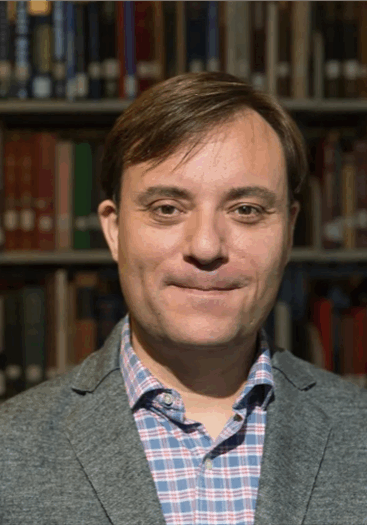
From Light to Color: A Scientific Explanation of Poetry
Carlos Miguel-Pueyo, Ph.D. (Department of World Languages & Cultures)
Since the origins of civilization, humans have viewed the concept of “light” as paving the way to a higher dimension, whether spiritual or artistic. Ever since we became conscious of…
Read more »
